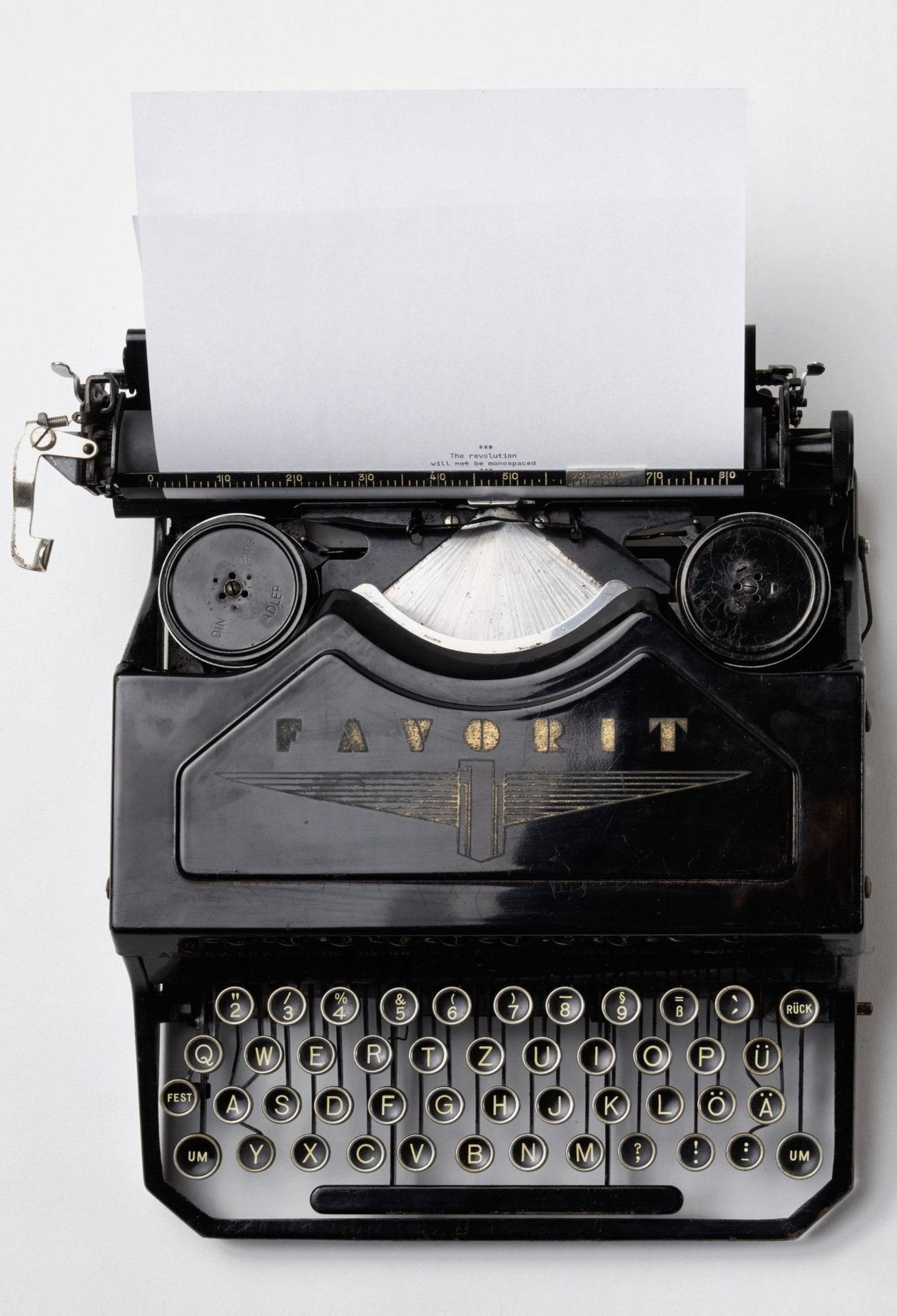In my last post, I wrote about how the consumer of the future is a renter, not an owner. These are all broad predictions that have many more nuances beyond an interesting title. A key underlying assumption of that prediction is that people can afford to "rent" what they need. That of course, is not necessarily true.
Many of today's on-demand marketplaces are focused on helping people trade money for time, i.e. you have to be cash rich and time poor to regularly use these services. If you can barely afford to pay for groceries, you probably can't afford to Instacart them all home every week. If you don't have a car and need to take public transport to work every day, you probably can't pay for an Uber there and back every day. Of course, there are solutions like UberPOOL or flash sales and discounts that allow usage of these services if there's an emergency.
However, marketplaces can be so much more than just time-saving options. They have the ability to be great people connectors and provide services to people who truly need them to improve their lives. I believe that two massive areas for opportunity exist in Finance and Healthcare. We are just starting to see companies take on some of these challenges and the future will only bring more.
In the finance realm, there's a great advisory opportunity. Today, the people who have financial advisors are primarily the rich but how could anyone not appreciate help to grow whatever income and savings they have? Additionally, there's a global opportunity to improve the lives of the unbanked. In the US alone, ~8% of people don't have bank accounts and that number only grows as you include developing parts of the world. Imagine how lives could change if people had an way to save, build and access their wealth.
Similarly, in the healthcare space, connecting people to affordable mental health practitioners could dramatically improve the state of people's lives. Telemedicine for the disabled and elderly, and preventative marketplaces for certified trainers and dietitians is again life-changing.
I'm excited to see more and more companies evolve the definition of the marketplace to develop services that do more than just save people time; instead, they create a better world.
This is the last post in a series of 3 about my thoughts on the future of marketplaces that has been adapted from a talk I gave recently. Slides are embedded below or found on Slideshare:


